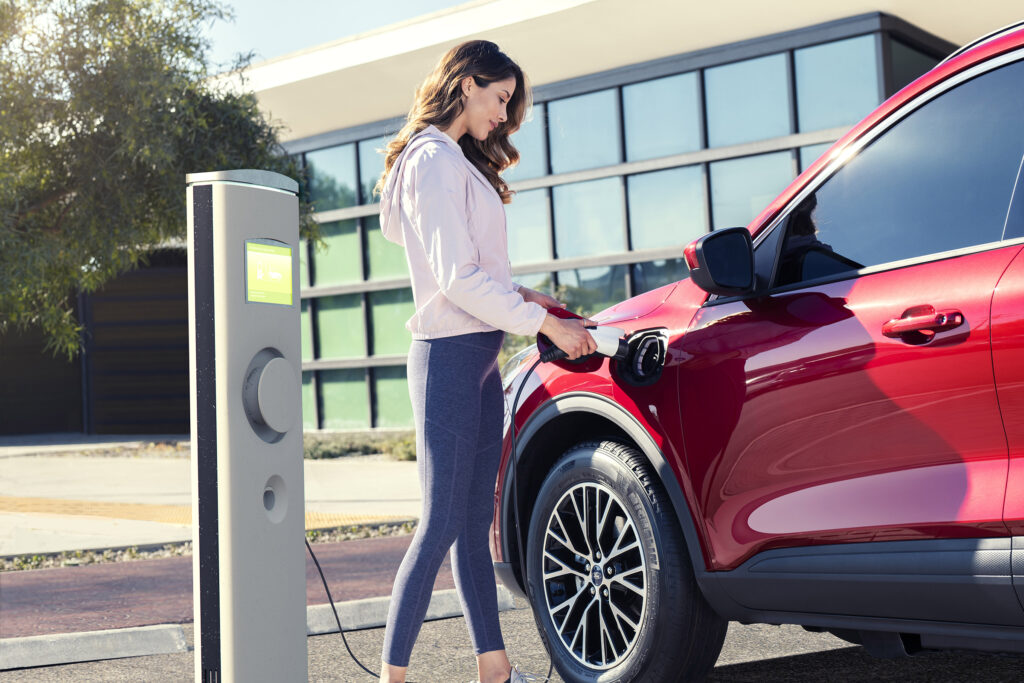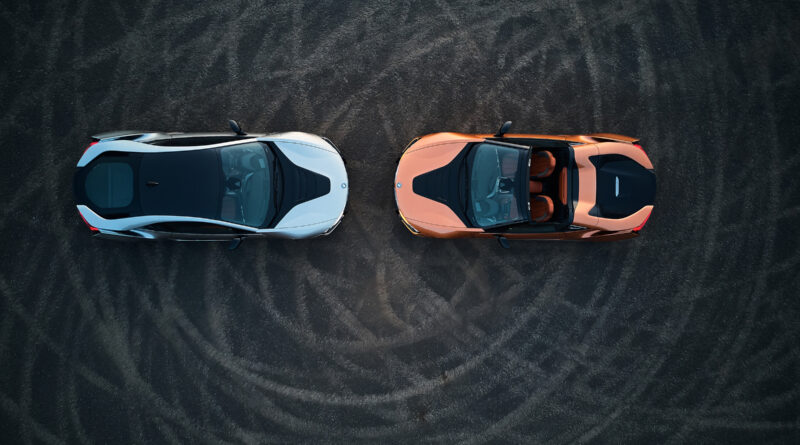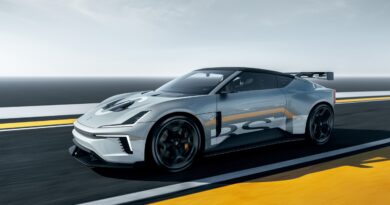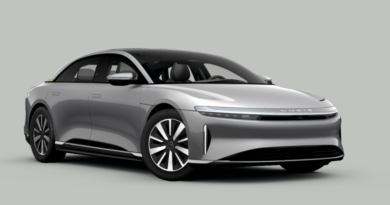Ford, BMW PHEV battery recalls linked
Ford’s much-publicised European recall of its upcoming Escape Hybrid plug-in hybrid electric vehicle (PHEV) is linked to a recent global recall of BMW plug-in hybrids.
Each has been linked to a battery supplier believed to be Samsung, something that has contributed to a 12-month delay in the Escape PHEV coming to Australia.
The recall is to address concerns the cars – which include the Escape PHEV (called Kuga PHEV in Europe), BMW i8, 330e, 530e, X3 PHEV, X5 PHEV and Mini Countryman PHEV – can catch fire while charging. Or, as BMW more delicately describes it, “a thermal event” (don’t you love it when car companies try to soften the blow?).
Late last week Ford released a statement to some European media outlets blaming the potential for the new rechargeable SUV to catch fire when charging on manufacturing discrepancies with the high voltage lithium-ion battery pack.
Want the latest EV news and reviews delivered to your inbox? Subscribe to our weekly newsletter!
“The root cause has been identified as a battery cell contamination issue in our supplier’s production process and we have determined that the best course of action for the safety of our existing customers is to replace the drive battery pack,” the Ford statement said.

The recall doesn’t affect any Escape PHEVs in Australia; the cars to be sold here haven’t been manufactured yet.
In documents filed with the US government’s National Highway Traffic Safety Administration (NHTSA) BMW stated that “debris may have entered one or more of the hybrid battery cells during their production”.
As a result BMW and Mini recalled about 26,900 cars around the world, eight of which are in Australia.
There has not been an official recall (with notification to the ACCC and publication on the government’s Product Safety website) for the BMW or Mini cars in Australia yet.
In a statement provided to EVcentral.com.au BMW Australia said it had already contacted the affected owners.
“BMW Group Australia has commenced a voluntary safety recall to check electric componentry of eight customer PHEV vehicles in Australia. This includes four MINIs and four BMWs.
“The decision was made after discovering a particular batch of batteries found in these models have the potential to malfunction. However, there have been no incidents of malfunction in Australia to date.”

While BMW and Ford overseas said owners could still drive their cars, they stipulated they could not be recharged through fear of a potential fire. This also includes some drive modes that can use the onboard internal combustion engines to charge the batteries.
However, EVcentral.com.au spoke to one owner who said he was instructed not to drive the car at all. Instead the car was towed for inspection and repairs.
Neither BMW or Ford have named Samsung in supplied statements about the recalls, but both use Samsung as one of the suppliers for the cars impacted by the recall.
And in NHTSA recall document number 20V-601 Samsung is named as the component manufacturer of the potentially faulty batteries in BMW and Mini PHEVs.




